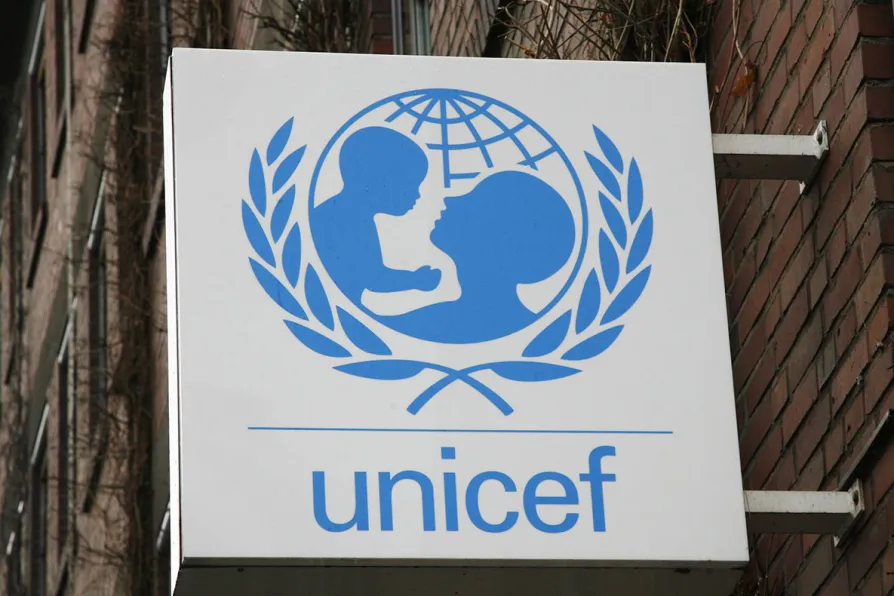Some 230 million women are circumcised globally, say the UN

 The UNICEF logo is seen at the German UNICEF headquarters in Cologne, Germany, on February 5, 2008
The UNICEF logo is seen at the German UNICEF headquarters in Cologne, Germany, on February 5, 2008
OVER 230 million women and girls have undergone female genital mutilation, most of them living in Africa, according to a report published today by the United Nations children’s agency.
In the last eight years, some 30 million people have been subjected to the procedure, in which external genitalia are partially or fully removed, Unicef estimates in the report released on International Women’s Day.
The percentage of women and girls who suffer female genital mutilation is falling, Unicef said, but it warned that efforts to eradicate the practice are moving too slowly to keep up with fast-growing populations.
Similar stories

IMAN HAMAD of the Sudanese Women’s Union reports from a nation torn apart by civil war — one where both factions are now committing horrific crimes against women and girls in the conflict zones












